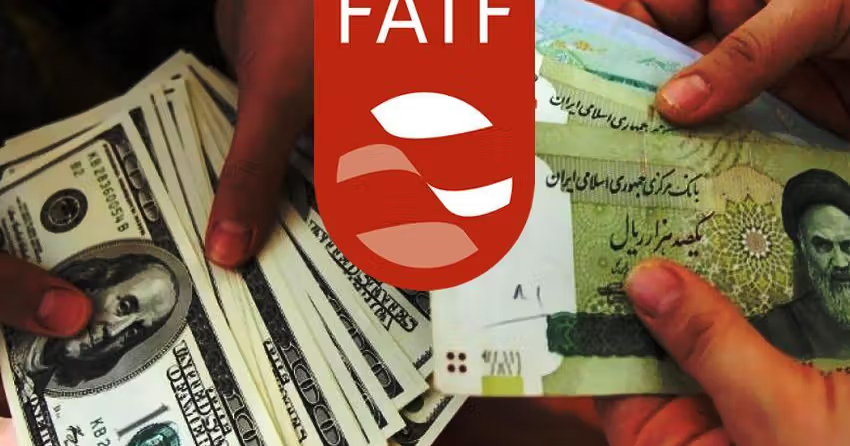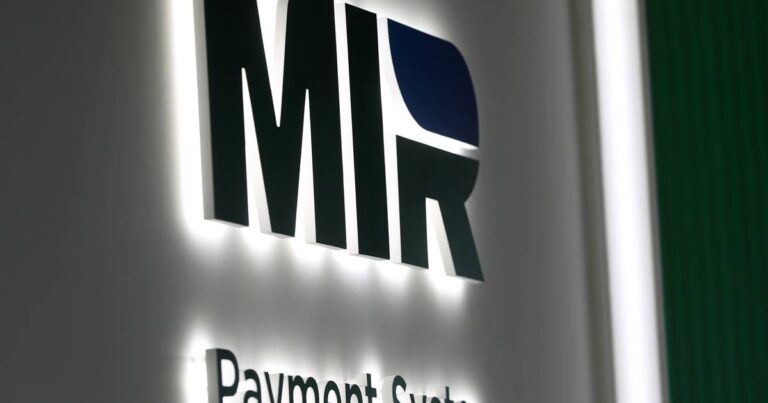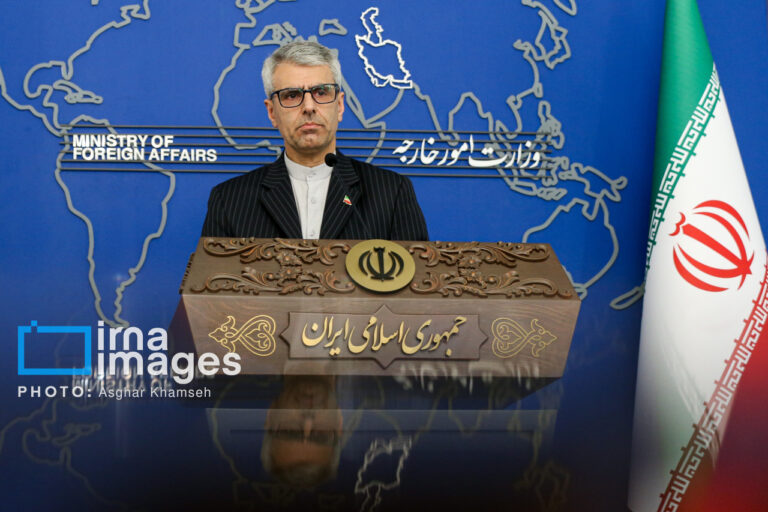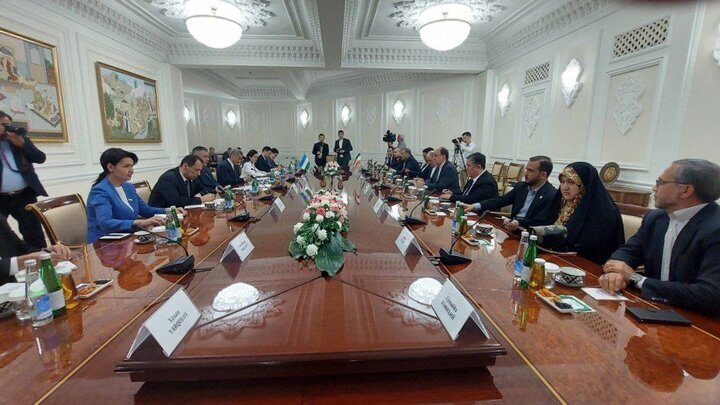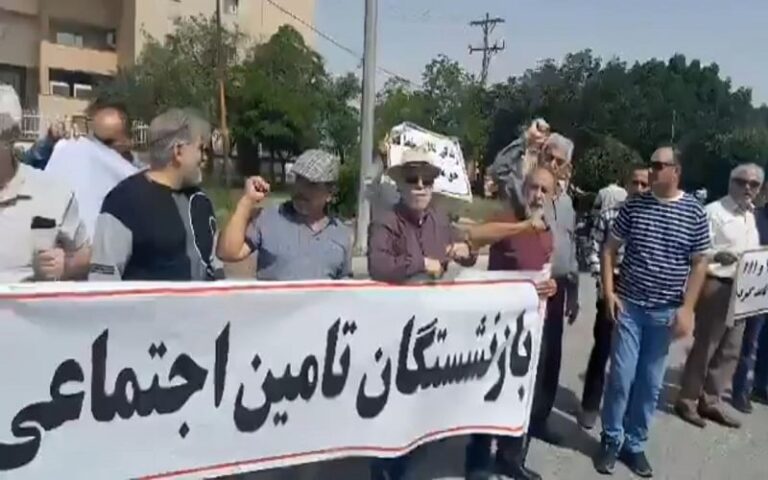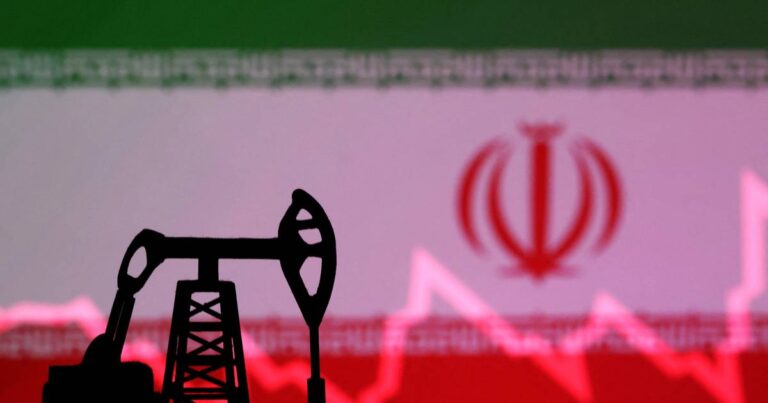Iran Hardliners Resist FATF Accession Amid Fears of Sanctions Risks
In a significant political move, over 150 hardline Iranian lawmakers have called for a decisive action that could impact Iran’s international standing. They are urging a key decision-making body to block Iran’s accession to the Countering the Financing of Terrorism and Palermo conventions, which are crucial elements of the Financial Action Task Force (FATF) reform package. This decision highlights the ongoing resistance within conservative factions regarding financial reform and international compliance.
On Tuesday, these lawmakers addressed a letter to Sadeq Amoli Larijani, the chair of the Expediency Council, expressing their concerns about endorsing the bills. They cautioned against any approval until the potential threat of the snapback mechanism is entirely alleviated. The snapback mechanism, which allows for the automatic reimposition of UN sanctions under the 2015 nuclear deal, is a significant point of contention. It is set to remain in effect until October 2025 unless a party invokes it prematurely.
The appeal from the lawmakers illustrates a profound resistance within conservative circles towards necessary legislation aimed at removing Iran from the FATF blacklist. The FATF blacklist is a list of countries that are considered non-compliant with international standards for combating money laundering and terrorist financing. The implications of being on this list can be severe, affecting Iran’s ability to engage in international banking and trade.
The Countering the Financing of Terrorism (CFT) convention focuses specifically on the financial mechanisms used to support terrorism, while the Palermo convention addresses issues related to transnational crime. Both conventions are seen as essential for enhancing Iran’s financial credibility and facilitating its reintegration into the global economy. However, the progress on these bills has been stalled since they were initially passed by parliament with certain reservations.
In light of this situation, Larijani has recently suggested that conditional approval for the conventions might be feasible, highlighting potential parliamentary safeguards. However, lawmakers have firmly maintained that even a conditional endorsement could expose Iran to unwanted economic penalties. This highlights the complex interplay between domestic politics and international obligations.
Key Points of Concern Raised by Lawmakers:
- Snapback Mechanism: The automatic reimposition of UN sanctions poses a significant threat.
- Legislative Resistance: Conservative lawmakers are largely opposed to reforms that would align Iran with international financial standards.
- Economic Penalties: There are fears that any endorsement could lead to severe economic repercussions for Iran.
- Parliamentary Safeguards: Suggestions for conditional approval have been met with skepticism from hardline factions.
This ongoing debate reflects a broader struggle within Iran regarding its position on the global stage and the necessary steps to improve its financial governance. The hardline lawmakers’ stance indicates a reluctance to comply with international norms, which they perceive as a threat to national sovereignty and economic independence. As the deadline for the snapback mechanism approaches, the pressure on Iranian lawmakers to find a viable solution intensifies.
In conclusion, the call to block Iran’s accession to the CFT and Palermo conventions underscores the significant resistance that exists within the Iranian parliament regarding financial reforms. The implications of these decisions will likely have far-reaching effects on Iran’s economic future and its relationship with the global community. With the snapback mechanism looming, the urgency for a resolution is becoming more pronounced. As discussions continue, the balance between domestic political pressures and the need for international cooperation remains a critical challenge for Iranian lawmakers.
